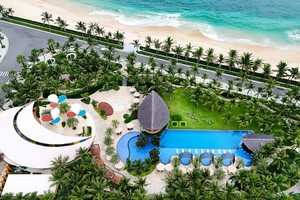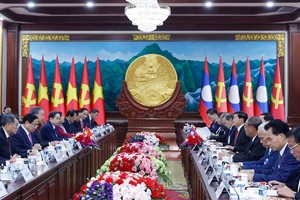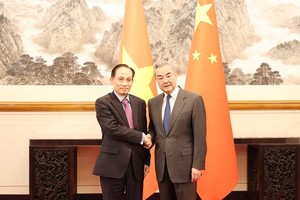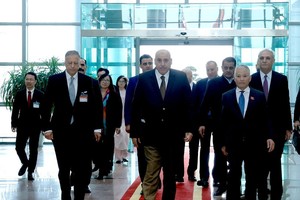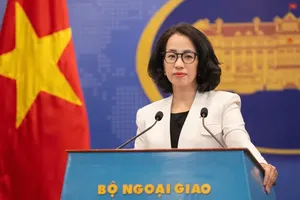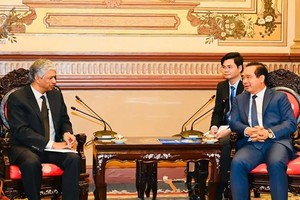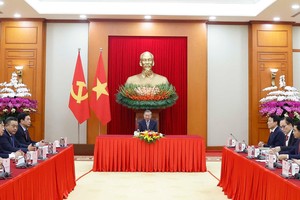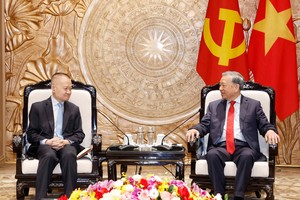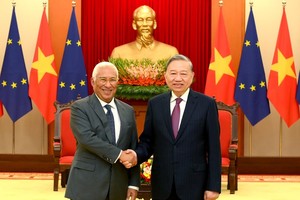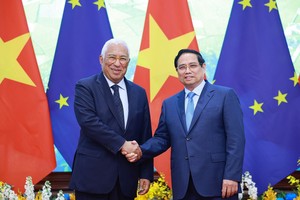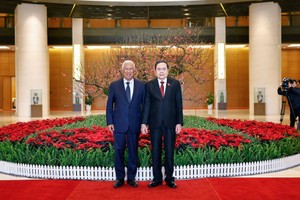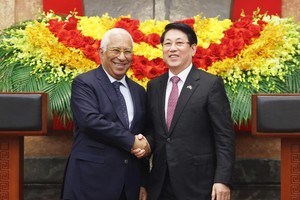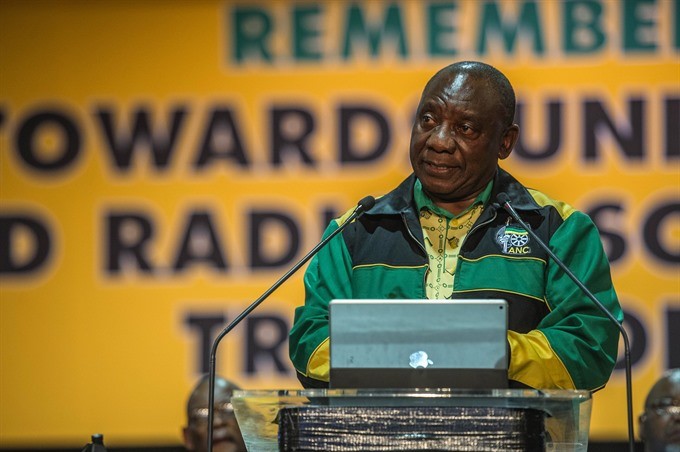
Tainted by scandal, Zuma resigned on Wednesday following intense pressure from the ruling African National Congress (ANC) that he had dominated for his nine years in power.
"Issues to do with corruption, issues of how we can straighten out our state-owned enterprises and how we deal with ’state capture’ are issues that are on our radar," Ramaphosa told lawmakers in parliament.
"State capture" refers to the alleged corruption of government institutions and state-owned businesses by Zuma’s associates.
"Tomorrow we will also have an opportunity to outline some of the steps we are going to be taking," he said.
ANC lawmakers celebrated his appointment with songs, dancing and a standing ovation.
Ramaphosa, a hugely wealthy former entrepreneur, will deliver his first State of the Nation address to parliament in Cape Town on Friday evening.
After multiple corruption scandals, economic slowdown and falling popularity among voters, the ANC had threatened to oust Zuma via a no-confidence vote in parliament.
Hours before his resignation, Zuma said he had received "very unfair" treatment from the ANC, which he joined in 1959, spending decades in the party fighting white-minority rule.
He said he was angry over the way in which the decision had been carried out "as there is no evidence of if I have done anything wrong."
Zuma, 75, has been locked in a divisive power struggle with Ramaphosa, his deputy who won control of the ANC in December.
Markets soar
The political turnaround saw benchmark South African stocks scoring their biggest gains since June 2016 following news that the pro-business reformist would be taking the helm.
The FTSE/JSE Africa All Share Index rose as much as 2.7 percent, while the rand, already the world’s best-performing currency over the past three months, rose 0.4 percent to 11.6667 per dollar.
"Ramaphosa’s arrival in the presidency will be met by a surge in investor and consumer confidence over the coming weeks in anticipation of his reform agenda," said the London-based Eurasia consultancy group.
During the apartheid era, Zuma, who had no formal education, spent 10 years in jail on Robben Island alongside Nelson Mandela before rising through the ANC ranks to take power in 2009.
Local media said he had been pushing for a resignation deal that would include his legal fees to fight a series of criminal charges -- but Zuma denied it in his speech.
One case against him relates to 783 payments he allegedly received linked to an arms deal before he came to power.
Other graft allegations have centred on the three Gupta brothers, who are accused of unfairly obtaining lucrative government contracts and even hand-picking Zuma’s ministerial appointments.
Police on Thursday said an arrest warrant had been issued for one of the brothers, Ajay Gupta.
The political standoff had plunged South Africa -- the continent’s most developed economy -- into confusion over who was actually running the country. VNS
